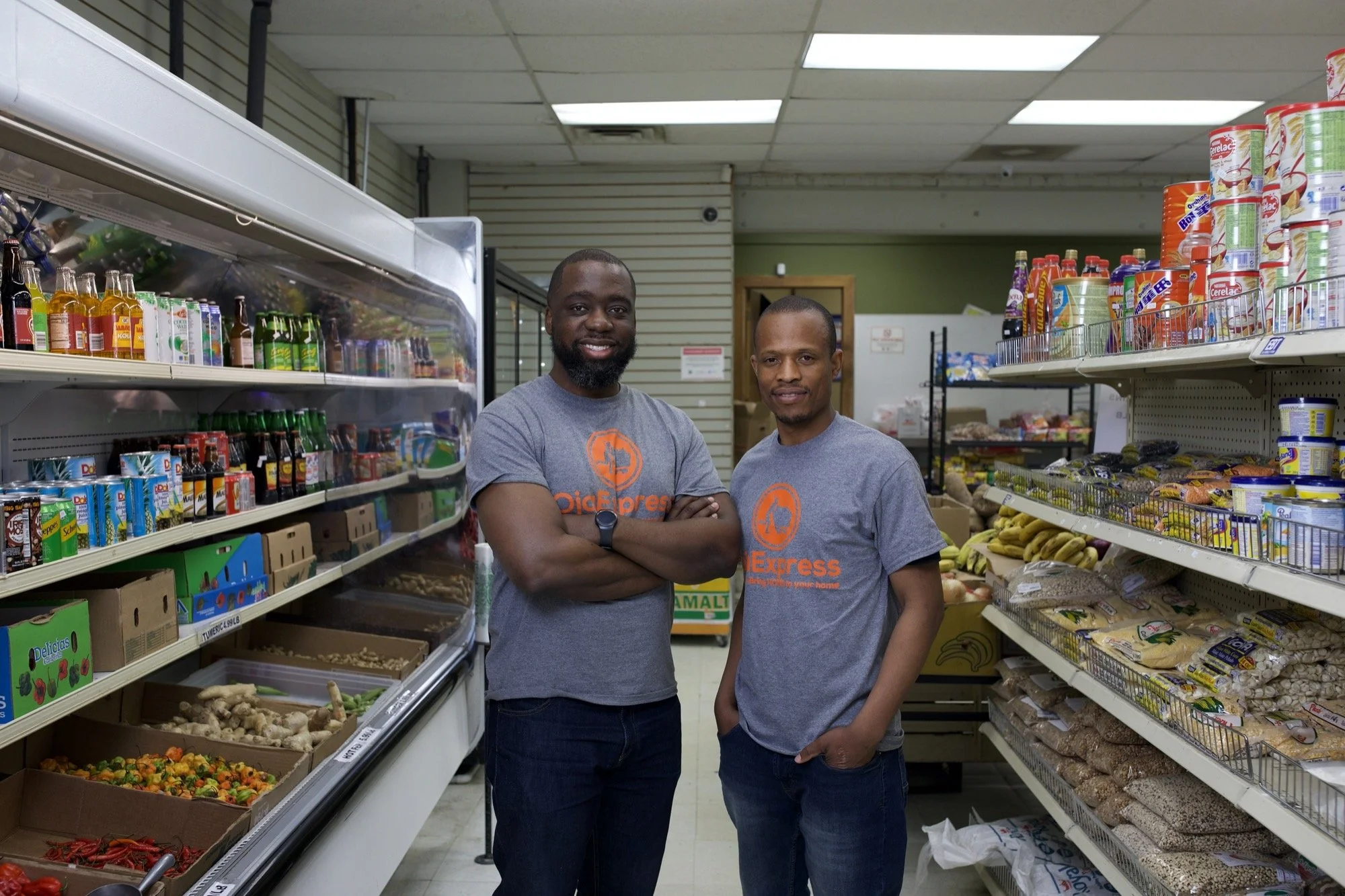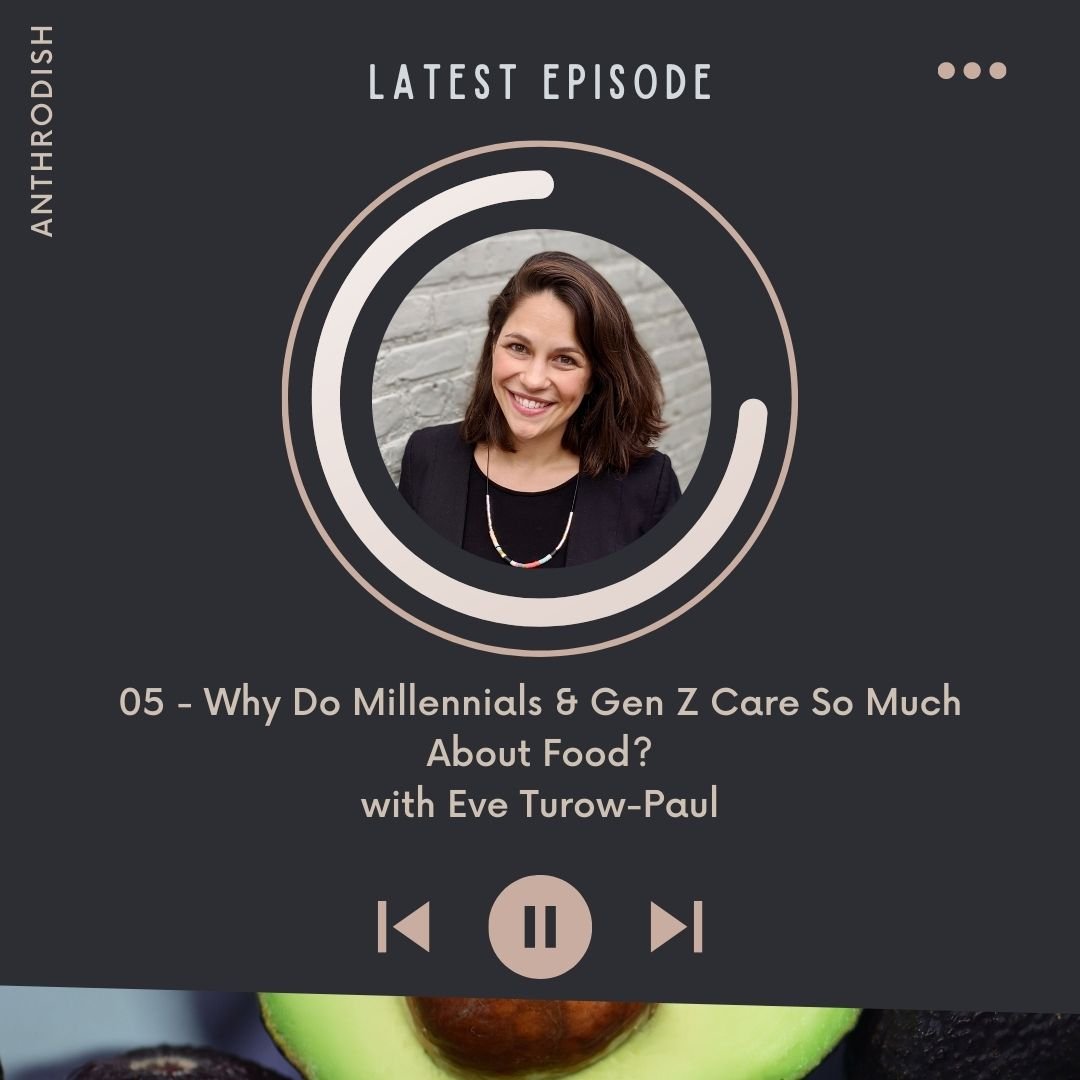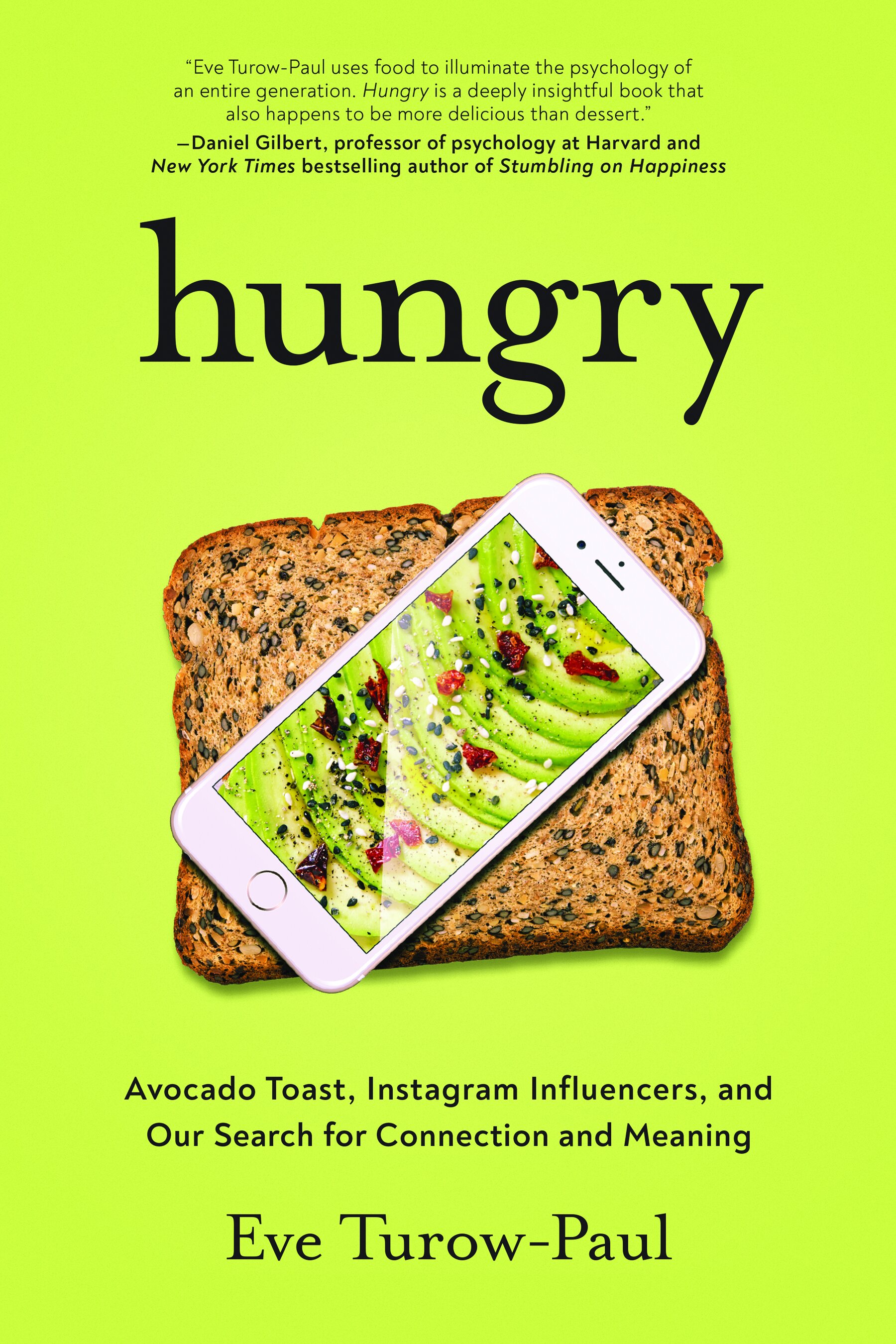This week’s episode feels particularly special and close to home for me – because it kinda is! This marks my first episode getting to connect with someone from my hometown of Peterborough, Ontario. During the first year of the pandemic, I moved back to Peterborough to be closer to family while managing my daughter’s online schooling. It was a really difficult choice for me, because I had a lot of pride about living in Toronto and coming back to your smalltown can be challenging. But there was one place that kept filling me with joy (and delicious food) and hope during lockdowns – Hanoi House!
This week, I have Susan Tung, the owner of Hanoi House, on the show to share her story of opening not just one, but two locations of this Vietnamese restaurant in our small town. Susan grew up in the Cavan Monahan area (which is a bit outside of Peterborough and smaller still), where her parents owned a Chinese restaurant called Golden Wheel.
While Susan aspired to building a career in the healthcare industry, she kept getting drawn back into the hospitality industry due to her upbringing, but made some really smart and creative changes to bring Hanoi House to the Peterborough food scene that allowed not only for business success during a pandemic, but thrived enough for her to open a second location! This story is really special for me to share, because I think Susan represents a lot of the good I see in my hometown, and I’m really excited for you to all get a glimpse into story and the beautiful dishes she’s created.
Learn More About Susan and Hanoi House!
Instagram: @hanoihouseptbo











